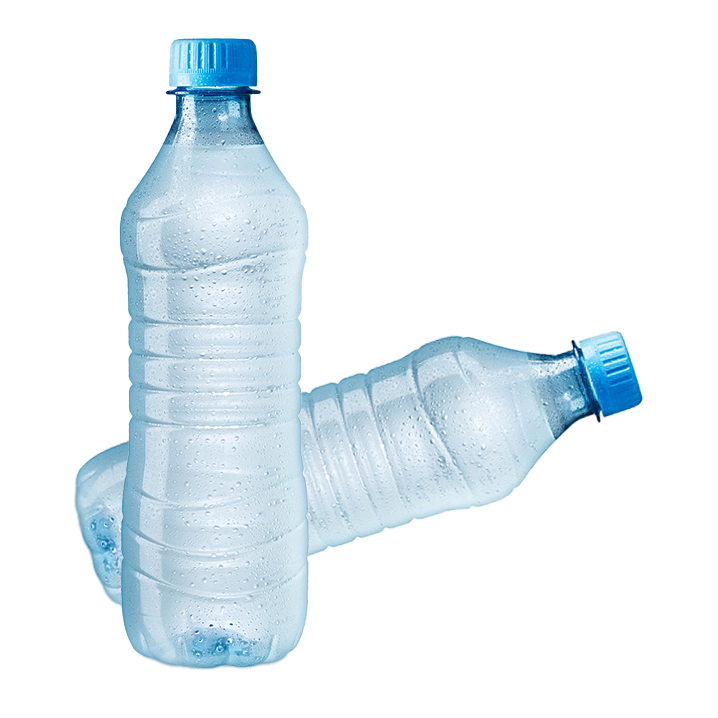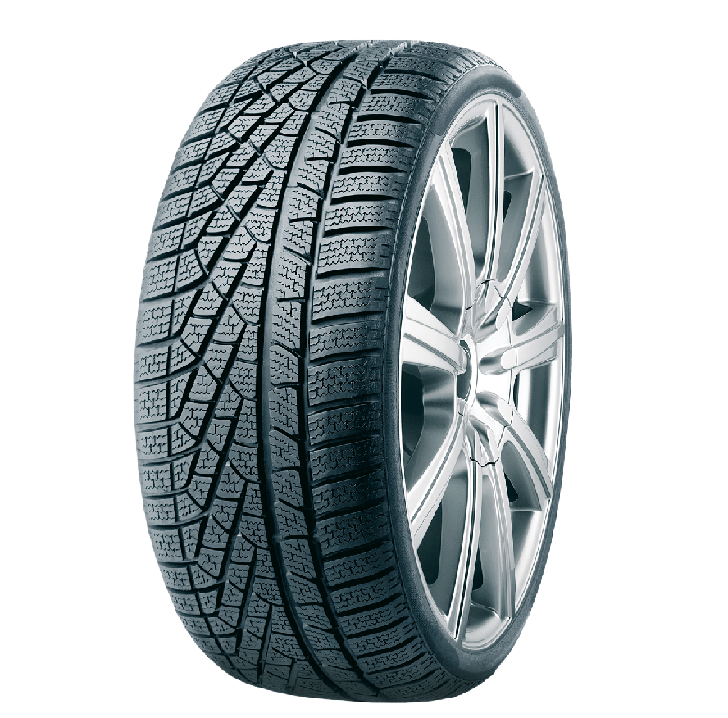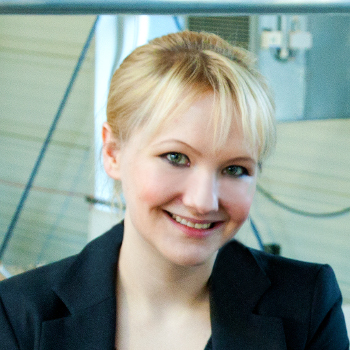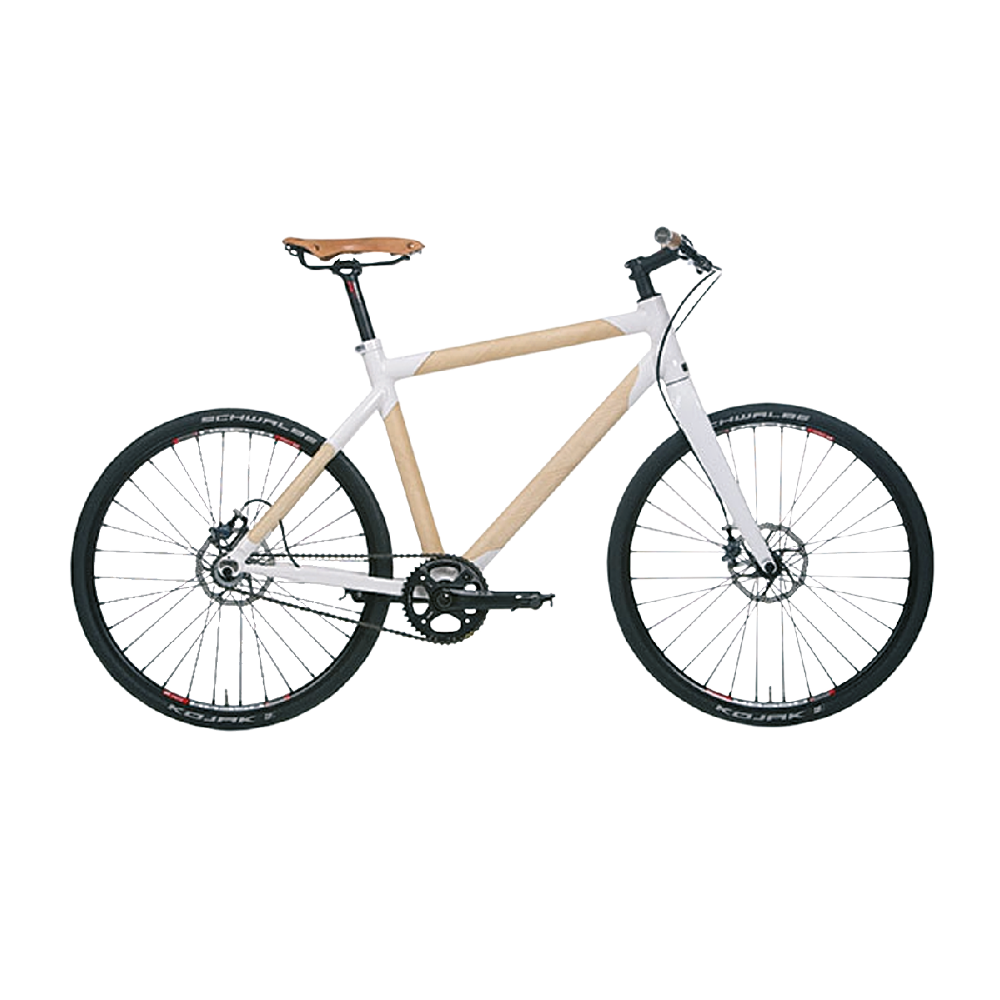
18.11.2016 Interview
Consumables unspecific Chemistry
3D printing with bioplastics
Thorsten Perl has the head behind the start-up Bioinspiration. Its focus is on 3D printing with bioplastics.

18.11.2016 Interview
Consumables unspecific Chemistry
Thorsten Perl has the head behind the start-up Bioinspiration. Its focus is on 3D printing with bioplastics.
18.03.2016 Studies and statistics
unspecific unspecific unspecific
The bioeconomy employs 18.3 million people in total and generates a turnover of €2.1 trillion
23.11.2016 Success story
Chemistry Microorganisms Biotechnology/Systems biology
Material researchers in Berlin have developed an enzymatic process for making lubricants out of used oil. The new bio-lubricant is based on oil that has been used for deep frying and it is biodegradable.

09.02.2016 Product
Consumables Plants
Some consumer goods manufactures are increasingly trying to replace conventional plastics with biobased plastic. By doing this, the dependence on petroleum is reduced and carbon dioxide can be saved.
10.08.2016 Success story
Food Plants Agriculture sciences
With the “Phenobot” researchers have developed a measuring robot that can help vine-growers with their work.

Researcher Profile
Consumables Plants Forestry
The director of the start-up Lignotube has developed innovative winding technology for the manufacture of wooden tubes. Whether for furniture manufacture, insulation or heating: wood can be used in a host of different ways. However, up to now the rigid and partially brittle structure of this ancient material has made it a challenge for designers, limiting its application in industry.
10.06.2015 Country
unspecific unspecific unspecific
The food industry lies at the heart of the domestic economy in the Communist-controlled country in Southeast Asia. Vietnam is a leader in fish exports from aquaculture such as tilapia, pangasius and shrimp. Its other major exports include rice, coffee and wood products. The cultivation of soybeans and sugar cane is also important for domestic agriculture, which accounts for 20% of gross domestic product (GDP), but makes up 48% of all labor. A national strategy aims to boost growth of the green economy.

09.03.2016 Product
Automobile Plants
The Russian dandelion grows in Germany in areas that are unsuitable for farming. Unlike the rubber tree, which grows in subtropical regions, the increasing demand without vegetation clearance or conversion of farmland can be met.
12.12.2016 Country
unspecific unspecific unspecific
Norway gains its wealth from its plentiful natural resources.

04.08.2016 Interview
Consumables Microorganisms Chemistry
Hanover local Anke Domaske's QMilch has developed a natural fibre made from casein, a milk protein. Without any recourse to chemical processes, the qualified biologist and fashion designer spins dairy waste products to create the source material for her own fashion collection. In 2011, she founded her own company, QMilch, where she began to create clothing made from milk.
10.03.2016 Country
unspecific unspecific unspecific
New Zealand's bioeconomy is characterised by agriculture, the food industry and fishing - a bioenergy sector is developing.
10.03.2016 Country
unspecific unspecific unspecific
The agriculture and food industries are among the most important economic sectors in France.

09.08.2016 Interview
Chemistry Plants Agriculture sciences
Jürgen Pfitzer is one of the founders of Tecnaro GmbH, a company that is establishing liquid wood as a renewable alternative to plastic.
15.06.2015 Country
unspecific unspecific unspecific
The United States sees an important economic future in the bioeconomy. The US bioeconomy strategy presented in 2012, the “National Bioeconomy Blueprint”, explicitly includes biomedicine.
20.03.2015 Country
unspecific unspecific unspecific
The Netherlands is a leader in food processing. The small country on the North Sea is one of the largest exporters of agricultural products worldwide.
15.09.2015 Country
unspecific unspecific unspecific
The strongest South American economy is rich in bio-based raw materials. The Amazon country has unrivaled biodiversity. However, there is no bioeconomy strategy.
22.10.2024 Country
unspecific unspecific unspecific
Australia has a technologically advanced agricultural industry and is also well-established in industrial biotechnology. While there is currently no national bioeconomy strategy, individual states are increasingly pursuing bioeconomic initiatives. For example, Queensland has entered into a cooperation agreement with the German government in the field of bioeconomy research.

10.05.2016 Product
Textiles unspecific
Every year, millions of tonnes of milk, which cannot be used for consumption, are accrued. Fibres can be made from milk proteins. In comparison to the production of cotton, this process uses considerably less water.

06.10.2016 Product
Construction Plants
The bike is built from lightweight, thin-walled and resilient tubes with a minimum use of real wood. Unlike raw materials such as aluminium, iron or carbon, which are normally used for the construction of bicycles, wood is a renewable resource.

10.03.2016 Product
Textiles Plants
When brewing coffee, less than ten percent of the coffee bean’s aroma is released. The rest ends up in the compost bin. These coffee grounds, however, are an ideal raw material for the production of sustainable textiles.